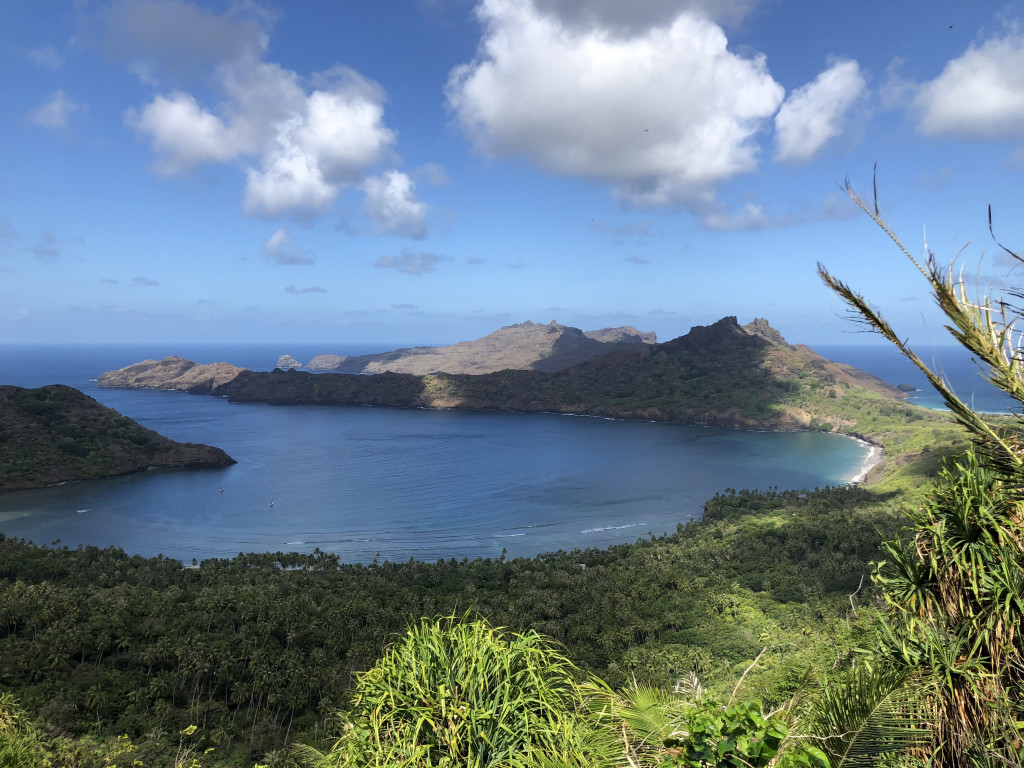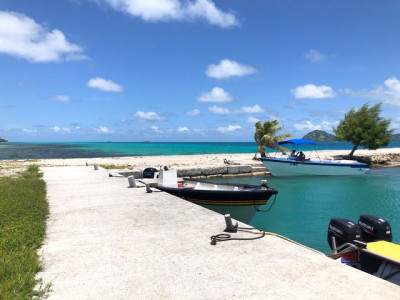The family and its territory in French Polynesia

The objective of this project is to analyse the territorial organization of families resulting from the structure of migrations in French Polynesia.
- Analyze the sustainability of Polynesian territorial organization by focusing on migration, families and public policies, particularly regarding education and health;
- Evaluate the role of the implementation of public services (education, health, transport) and economic development zones on population dynamics;
- Explore family functioning, public mechanisms and individual characteristics that allow us to transcend insularity;
- Analyze the sustainability of territorial systems from places and territories, families and links, and individuals and their journey.
This mobility is characterized by a context that combines an archipelagic territory, an urban macrocephaly and an ultra-peripheral national status combined with a relay position in the world economy. The role of the establishment of public services and transport subject to the obligation of territorial continuity and the consideration of interfaces with other areas (metropolitan France, French overseas departments, New Zealand, Canada, etc.) will also be address in this project. The quantitative analyses will be based on census data but also in an innovative way, on the first Family survey which the team in collaboration with the ISPF plans to collect in 2019-2020, as well as on a qualitative approach focusing on family strategies and their motivations both in Polynesia and among students and workers abroad.
Cette mobilité est caractérisée par un contexte qui combine un territoire insulaire, une macrocéphalie urbaine et un statut national ultra périphérique conjugué à une position relais dans l’économie monde. Le rôle de l’implantation des services publics et des transports soumis à l’obligation de continuité territoriale et la prise en compte des interfaces avec d’autres espaces (métropole, DOM, Nouvelle-Zélande, Canada, etc.) seront également fondamentaux dans ce projet.
Pluridisciplinaire et mixte, le projet rassemble des démographes, sociologues, géographes et politologues et conjugue des approches quantitatives, documentaires et qualitatives approfondies. Il articule collecte et analyse de matériaux quantitatifs et qualitatifs, combinant l’exploitation des données de la statistique publique et l’analyse d’entretiens qualificatifs menés auprès des populations
Les analyses quantitatives reposeront sur les données des recensements mais également de façon innovante, sur la première enquête Famille de l’équipe en collaboration avec l’ISPF qui a eu lieu en 2020. L' approche qualitative portera sur les stratégies familiales et leurs motivations autant en Polynésie qu’auprès des étudiants et travailleurs à l’extérieur.

Embarcadère aux Gambier
Actualités
03/2022 : Retombées de la presse du projet ATOLLs
11/2020 : Être élève de 3è en Polynésie française
10/2020 : Bacheliers polynésiens et études supérieures
04/2020 : Le quotidien des Polynésiens en confinement (ISPF)
